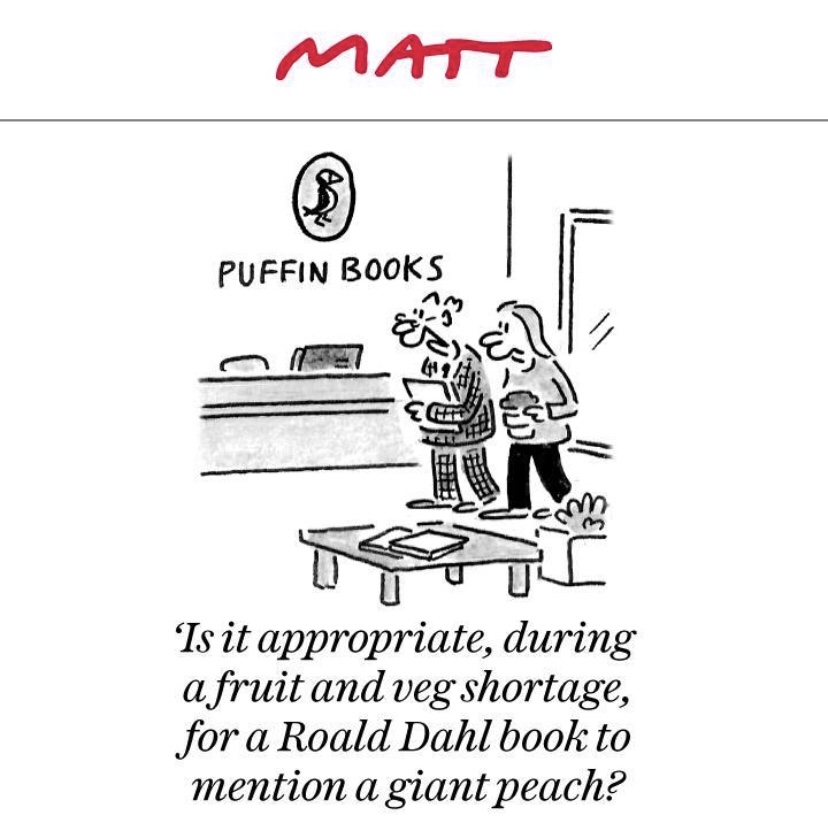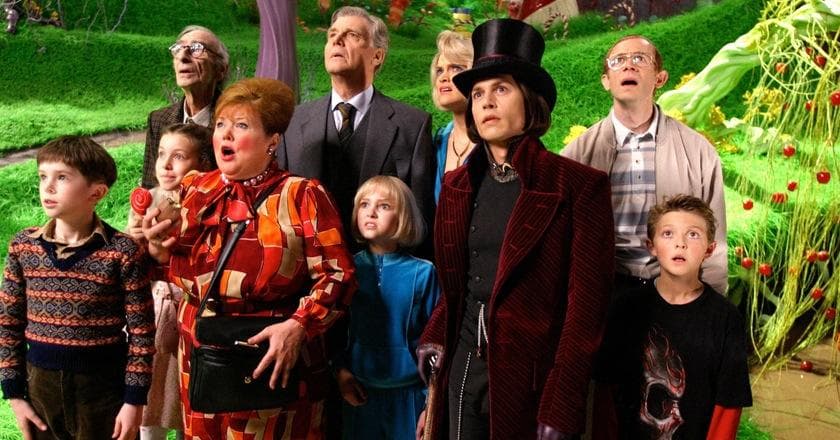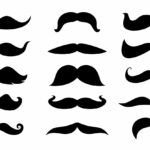Controversy: The Censorship of Roald Dahl – Amelia G
There has been some controversy in the news this week, over Puffin Books rewriting phrases from well loved Roald Dahl books, like ‘Witches’ and ‘James and the Giant Peach’ to make them more accessible and inclusive. While this seems like a positive move and one that sounds like a good idea, many are questioning the necessity of this “absurd censorship”, especially criticised by writer Salman Rushdie, who tweeted that they should be “ashamed” for making such changes. Such a strong reaction surprised me, so this article is based off views presented in news stories and on social media.
What has been censored?
According to the BBC words like “enormous”, “fat” and “ugly” have been removed from books to avoid offence and body shaming, however there are inconsistencies in the phrases removed, leading some to question whether these rewrites were genuine or merely a token of sensitivity that hasn’t really addressed the issue at hand. For example, in a passage from ‘The Twits‘, “double chin” has been removed from the same description where “wonky nose and a crooked mouth … and stick-out teeth” has been allowed to remain. Is the suggestion that only some features would cause offence and not others, when describing someone Dahl considered “ugly”? More controversial is the removal of “black” and “white” from ‘The BFG ‘ when describing the BFG’s “black” coat for remaining hidden at night, and Mary going “white as a sheet” when she is scared, which has now been replaced by “still as a statue.” These changes seem unnecessary in the context of the description, so some argue that they are too extreme and are completely rewriting Dahl’s much beloved works, making them inauthentic and “removing the spirit” of the detailed descriptions of his characters, that have made them so memorable.

Why is this happening?
These changes have been made to avoid upsetting young children or influencing their outlook on life, but surely removing these words due to potential offence would make them more powerful and hurtful when used in real life, which would undoubtably cause more harm than just reading them. Sensitivity readers are used by publishing houses, including Puffin Books, to suggest parts of books that have aged poorly and should be removed, to avoid controversy and criticism from readers that find certain descriptions unpalatable. The Roald Dahl Story Company has taken this approach and have said they want “to maintain the storylines, characters, and the irreverence and sharp-edged spirit of the original text. And any changes made have been small and carefully considered.” This decision is understandable, since Roald Dahl’s stories have been enjoyed by generations and they want to ensure that his work is still loved now.
Why is rewriting potentially dangerous?
There is no definite cut off point for rewriting to prevent it from escalating further than we intend, if we aren’t careful there is a danger that more and more will be censored and our freedom to express ourselves will become limited. This could lead to a world where literature and media conform to the same themes and standards with no differentiation. Once one phrase has been considered too harmful to be published we might begin to question similar ones and whether they also cause too much offence to be allowed, possibly leading to entire concepts like ugliness being off limits. Although this may seem like a stretch, there have been examples of such censorship in the past that prove this to be a real possibility, so it is understandable why so many people are hesitant to accept rewriting, even on a small scale.
With many people arguing for the preservation of Dahl’s original work and others supporting the rewrite, it can be difficult to know the right thing to do or to support when both solutions are justifiable, whether to remove potentially offensive language or to preserve uncensored books. Author Phillip Pullman has suggested that the books shouldn’t rewritten but “if it does offend us, let [Dahl] go out of print”, preserving the original books but allowing them to fall out of popularity if we decide not to read them due to the language used.















Post Comment
You must be logged in to post a comment.